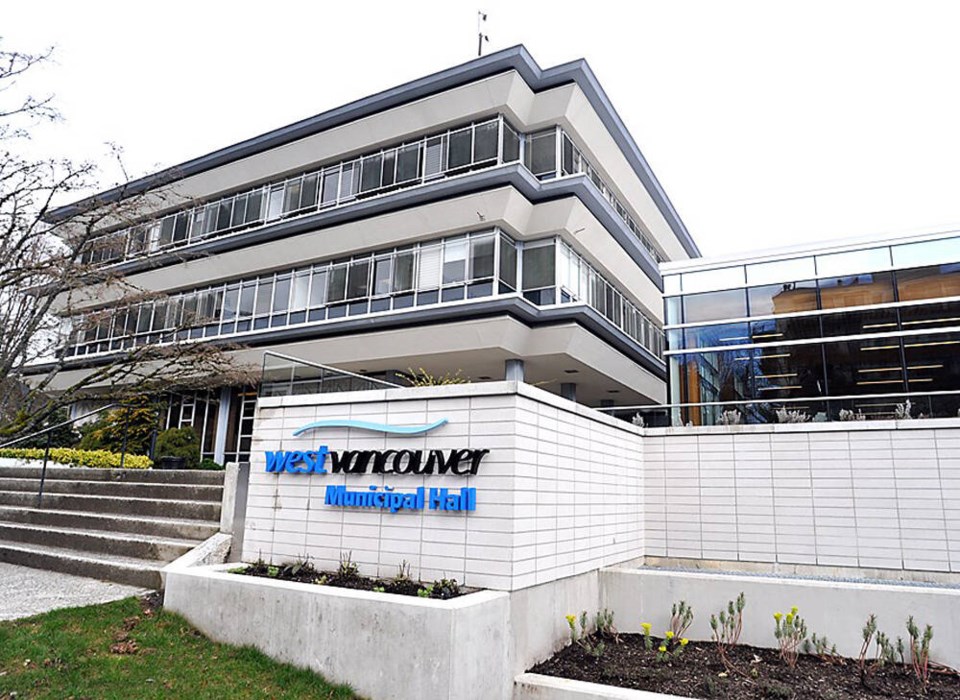District of West Vancouver property owners are looking at a 6.07 per cent increase in municipal property taxes, on average, in 2023 if the current proposed budget passes.
District staff introduced the draft financial plan Monday night, kicking off a consultation period and several weeks of budget discussions.
Most of that increase – 4.57 per cent – would be in the operating budget.
If approved as is, there will be 14 full-time equivalent staff positions added. Among the positions staff are hoping to fill: Parks maintenance, trail workers and an arborist; two more crew for West Vancouver Fire & Rescue to keep both their tower and rescue trucks ready to deploy at the same time; a new deputy corporate officer; two IT staff; a new community planner to focus on the Horseshoe Bay local area plan and an Indigenous relations manager to help build closer relationships with First Nations and advance reconciliation work.
Also in the proposed budget are a 0.5 per cent increase specifically for environmental protection and climate change initiatives and another one per cent increase set aside for repair and replacement of the district’s crumbling capital assets. District staff estimate it will take $17.7 million per year over the next 20 years to keep the district’s infrastructure, which successive previous councils declined to plan for, from failing.
For the owner of a home assessed at the $3.76 million average, the proposed budget would add about $350 dollars on to the municipal portion of their taxes over last year’s bill. For a strata owner whose home is assessed at the $1.7 million average, it would amount to an extra $158. That doesn’t include other taxes for Metro Vancouver, schools, TransLink or utilities.
At the outset, Mayor Mark Sager emphasized council will be delving into the municipality’s taxing and spending plans in detail in the weeks ahead.
“This is the beginning of the process, not the end,” he said.
Council will be dedicating an entire meeting to budget questions and debate next Monday, but some council members were eager to sound off at this week’s meeting.
Coun. Christine Cassidy took exception with the municipality continuing to grow the size of its staff, both during COVID-19 and after.
“Now we have a budget yet again, which is wanting to hire people when one of our biggest costs is staffing. Do we ever lay anybody off or do we just continue to add to the cruise ship?” she asked.
Director of finance Isabel Gordon said municipalities are facing growing demands for services from the public and councils themselves, but ultimately budget decisions are for elected members to make.
Inflation and supply chain problems are set to be major themes in municipal budget season with higher than usual tax increases also proposed in the City of North Vancouver and District of North Vancouver, Gordon told council.
Unlike most municipalities, West Vancouver has no industrial land, which is typically taxed at a much higher rate, and only three per cent of the tax base is commercial properties, leaving residential owners to shoulder 97 per cent of the taxation.
The district’s investment portfolio has done well, thanks to higher interest rates, but based on the slowing down of the housing market, the finance department is anticipating a drop in building permit fees.



